CRITICAL ANALYSIS AND CRITICAL PERSPECTIVES PAPER
by EssayShark Tutors$20.00
Be sure to identify the part and number of the question that you are answering.
I. CRITICAL ANALYSIS. ANSWER TWO OF THE FOLLOWING QUESTIONS; USE THE TEXT TO SUPPORT YOUR ANSWERS: 60 pts.
- How does Shakespeare establish the atmosphere of evil which pervades Macbeth? Start with the witches, and show how their presence reflects on all the events of the play. Give examples of how the imagery creates a feeling of evil.
- Trace how Lady Macbeth is destroyed by evil. Show how she renounces all human feeling in Act I and seems to be successful. After the murder, follow her downward course into madness and death.
- How does Macbeth’s changing attitude toward the supernatural reflect the change in his character? Contrast Macbeth’s reaction to the witches when he first sees them with his attitude toward them in Act IV.
- Do the supernatural events really occur, or are they projections of Macbeth’s inner state? Some readers believe that the floating dagger, Banquo’s ghost, and even the witches are products of Macbeth’s imagination. Explore that possibility. Point out in what way, if any, the meaning of the play is changed by accepting or rejecting the reality of the supernatural.
- Describe the way Macbeth and Lady Macbeth influence each other in the play. What effect does Lady Macbeth’s determination to kill Duncan have on her husband? After the murder, how does Macbeth change, and how does that affect Lady Macbeth?
- How does Shakespeare establish that Macduff is a good man? Show how Macduff’s character is revealed through his actions and reactions. Focus on how he handles himself after Duncan’s murder and after hearing that his wife and children have been killed.
- Is Macbeth a good man at the beginning of the play, or is he already plotting to be king? Macbeth’s quick response to the suggestion that he will be king could be interpreted as proof that he has already been plotting, or it could simply show that the forces of evil have been clever in choosing their temptation. Using Macbeth’s soliloquies and his scenes with Lady Macbeth, take a stand on the question and defend it.
- How does the fact that Macbeth is one of Shakespeare’s shortest plays contribute to its effectiveness? Discuss the economy of the writing. Show how each detail contributes to the advancement of the plot; and how Macbeth seems to plunge to his destruction at a sickening pace.
II. CRITICAL PERSPECTIVES. ANSWER ONE OF THE FOLLOWING QUESTIONS; USE THE TEXT TO SUPPORT YOUR ANSWERS: 20 pts.
- Both Robert Frost and Langston Hughes impress readers with their skills in using figurative language; therefore, from one of Frost’s poems and Hughes’ poems identify a metaphor and a simile from each of their works. Explain their importance to the poems’ themes.
- Both Emily Dickinson and Shakespeare use personification skillfully. From each give an example from their poems in which they have employed effective personification. (You may include Shakespeare’s Macbeth.)
III. MAKING CRITICAL CONNECTIONS. ANSWER ONLY ONE OF THE FOLLOWING QUESTIONS. 20 pts
- Michael Meyer, the anthologizer of our text, has asked you to nominate one poet for special recognition for his/her universal appeal. Name him/her and support your selection.
- Although you have read and analyzed many poems during the quarter, perhaps there is one (or maybe more) that has met your criteria for a masterpiece. If so, identify that poem and defend your selection.
Choose one of the questions on Macbeth that you have not already addressed and answer it in one paragraph

